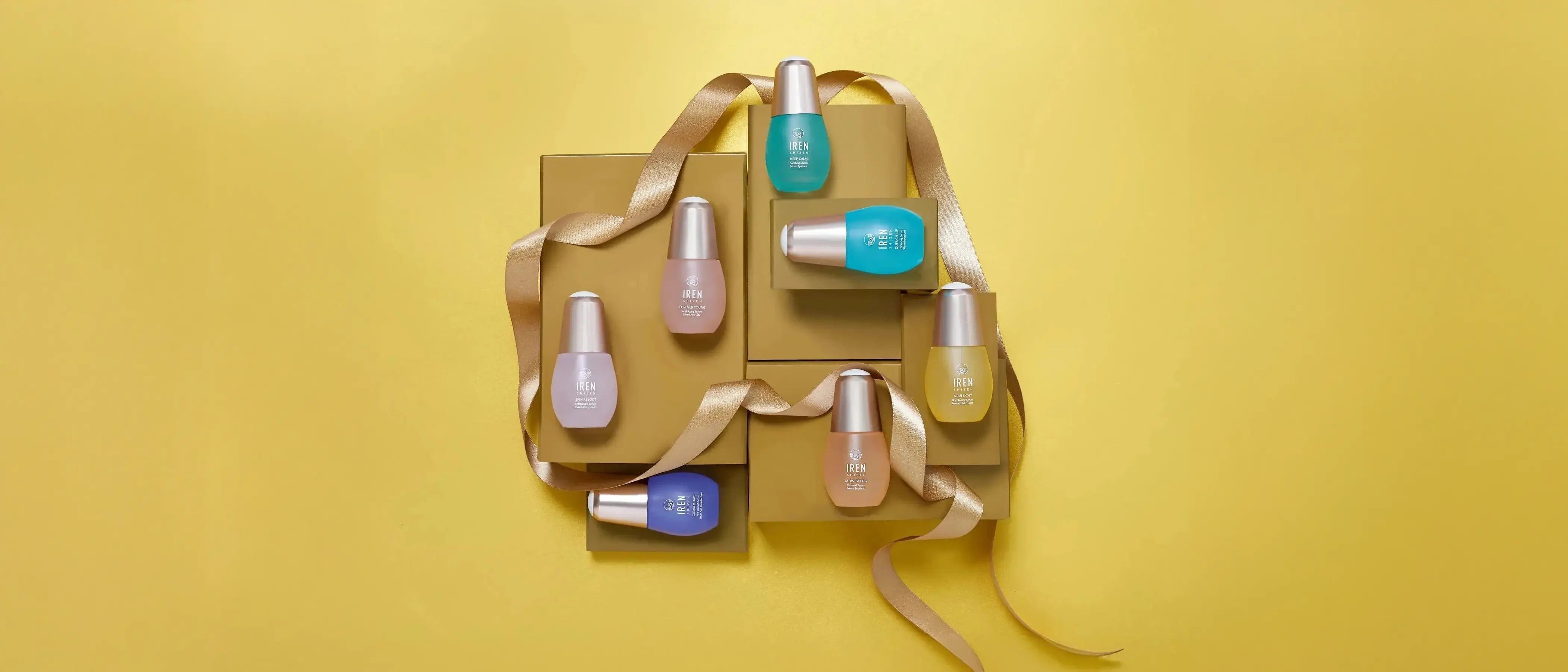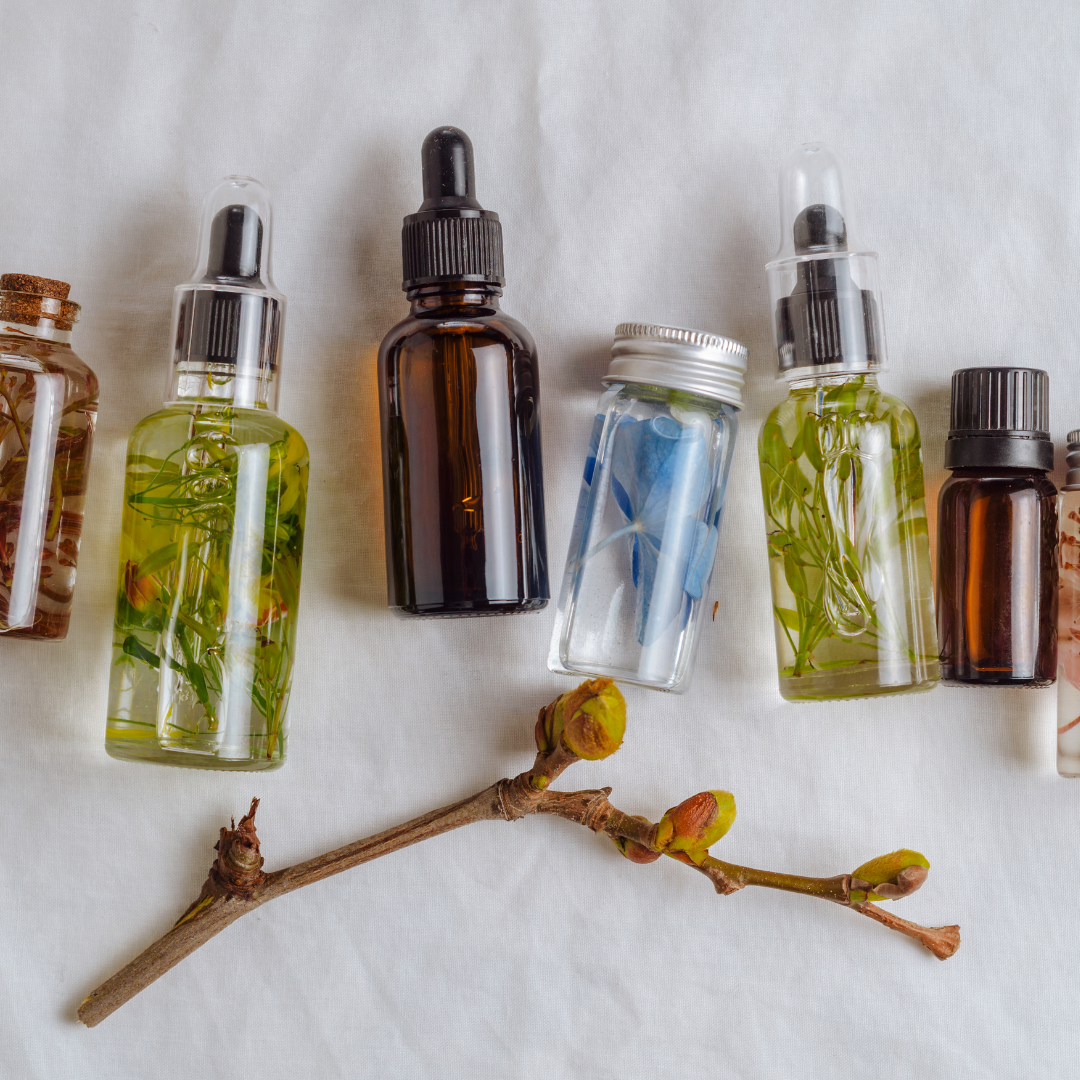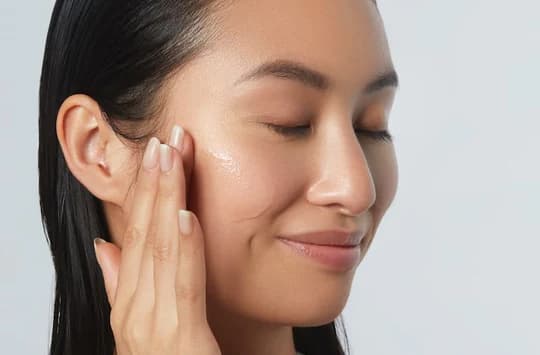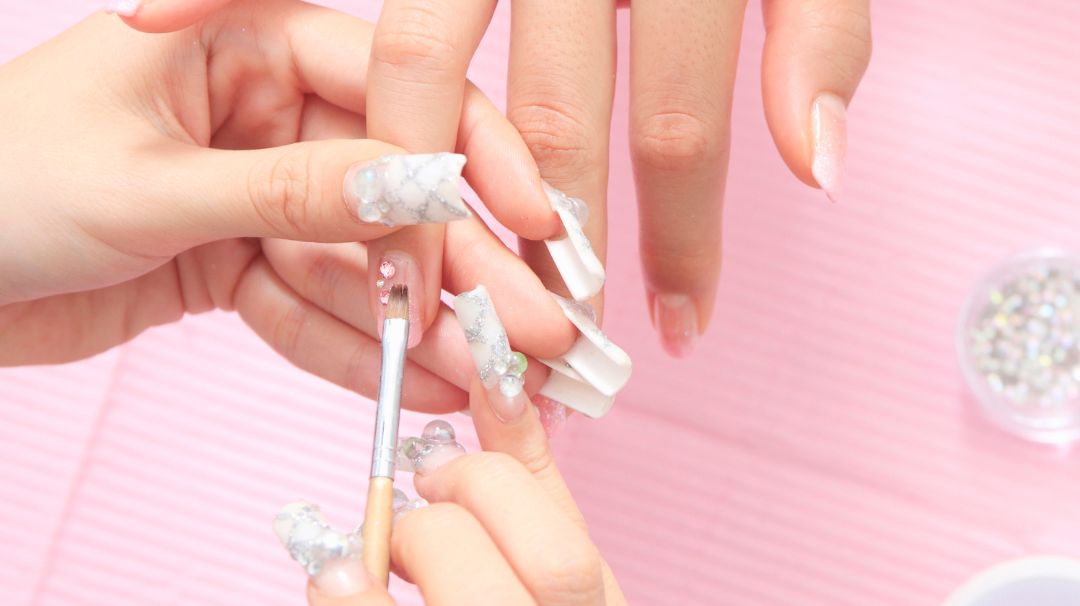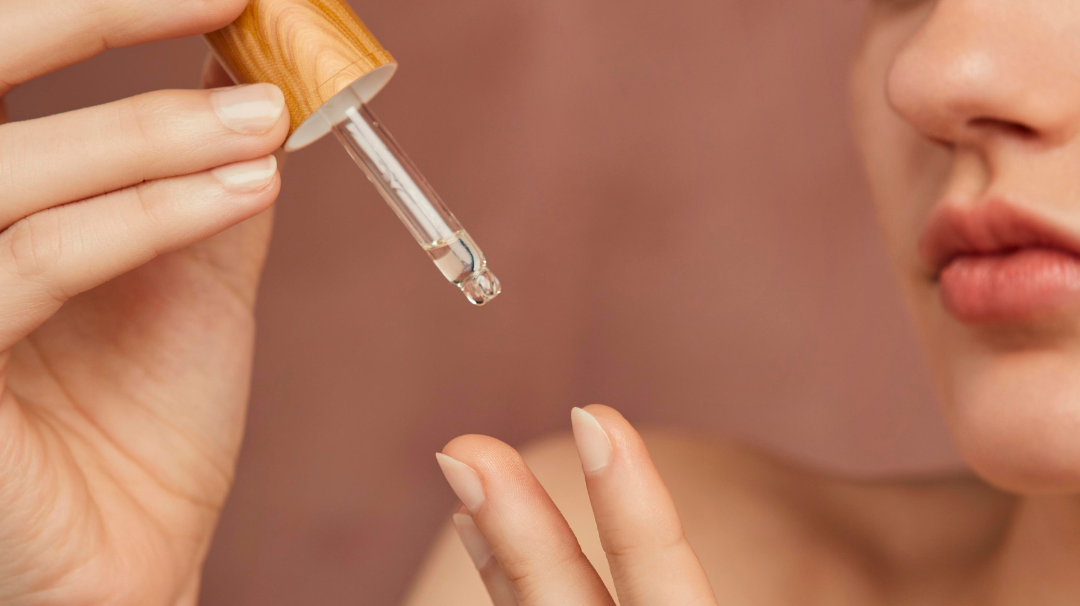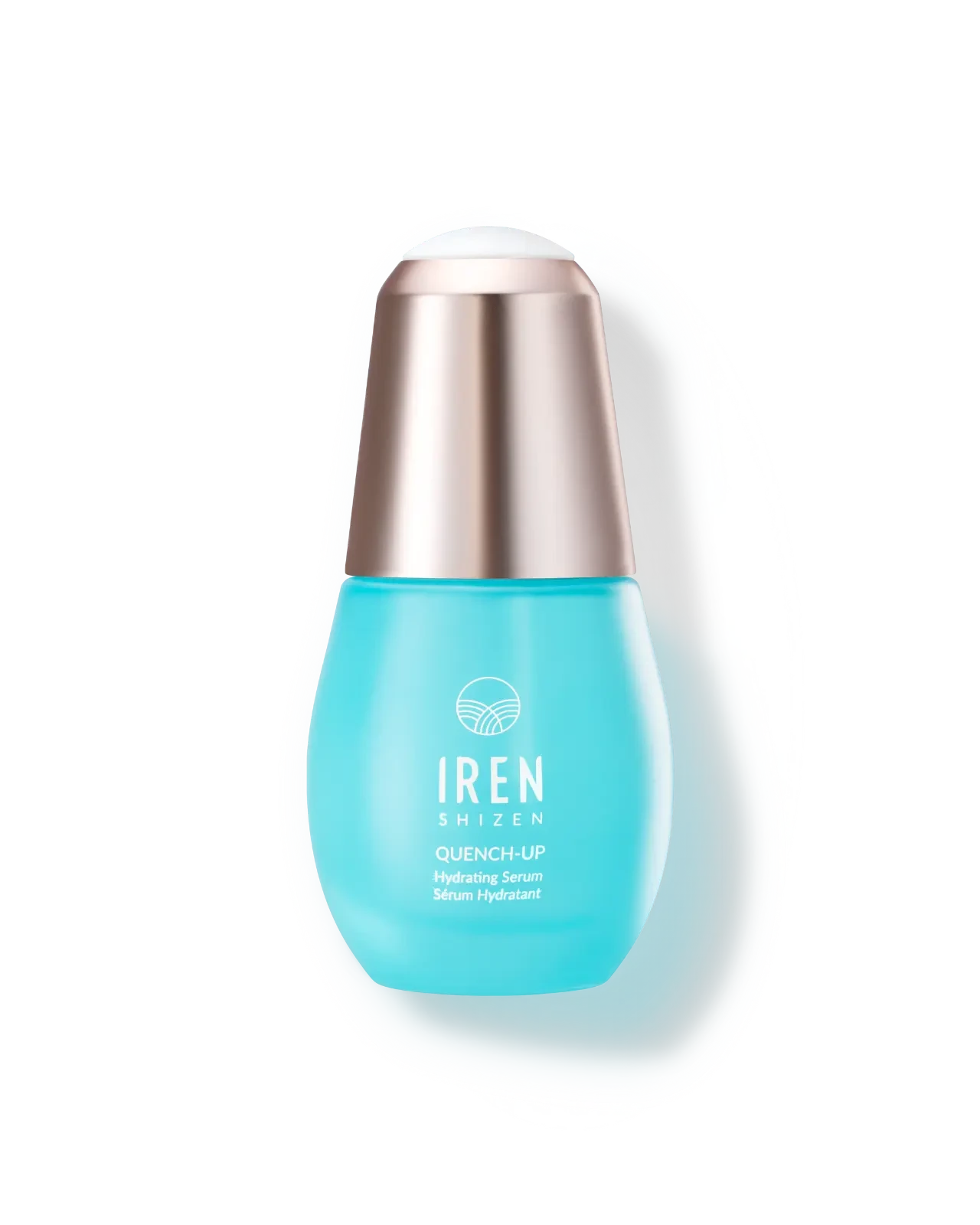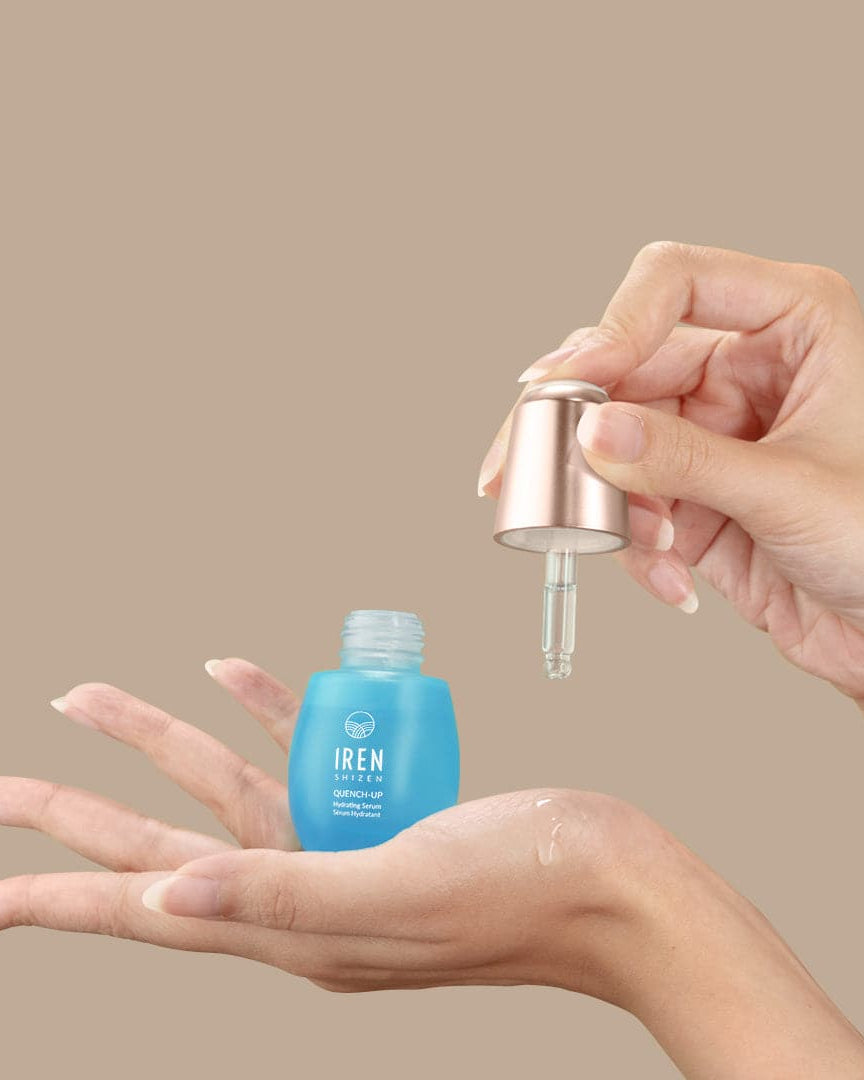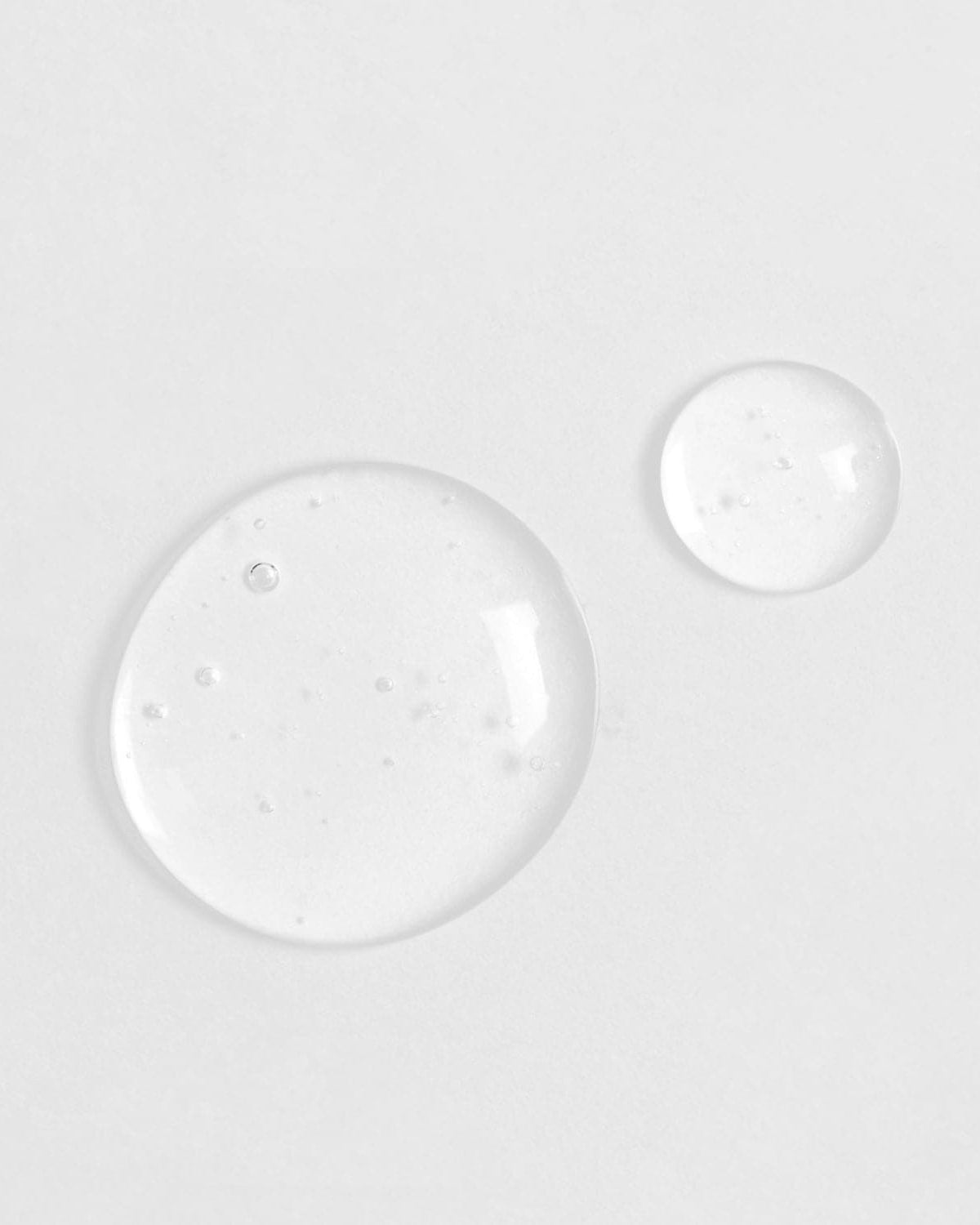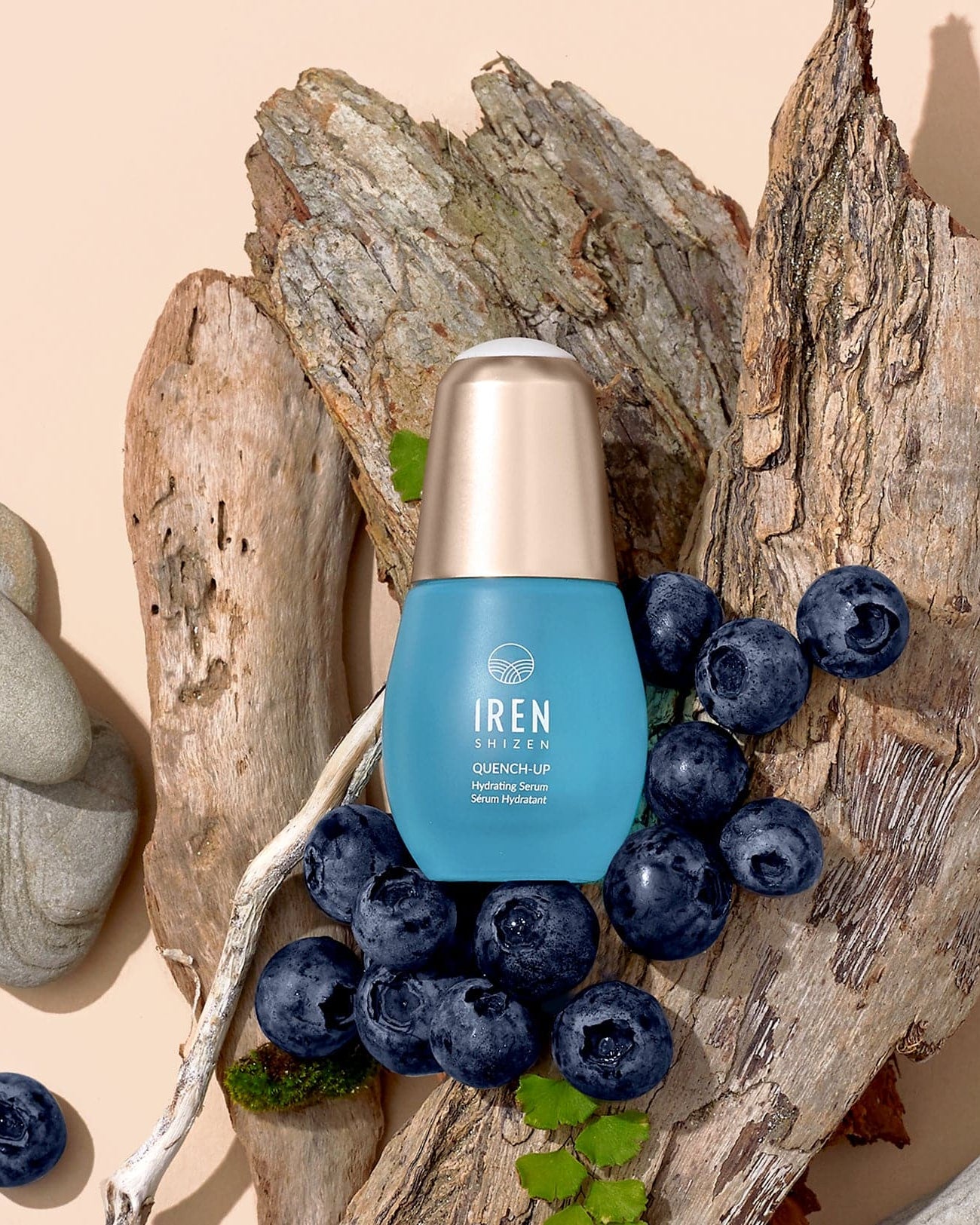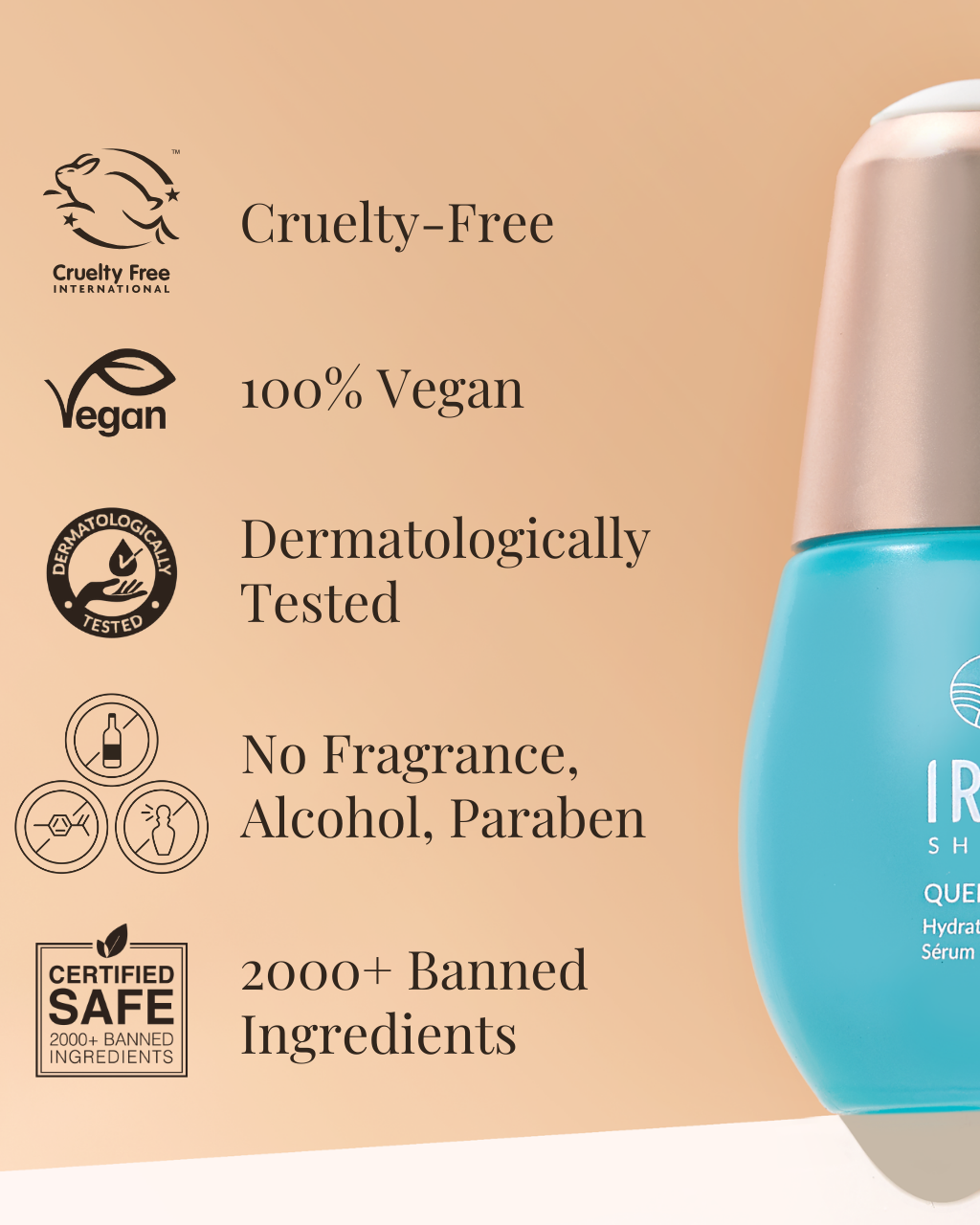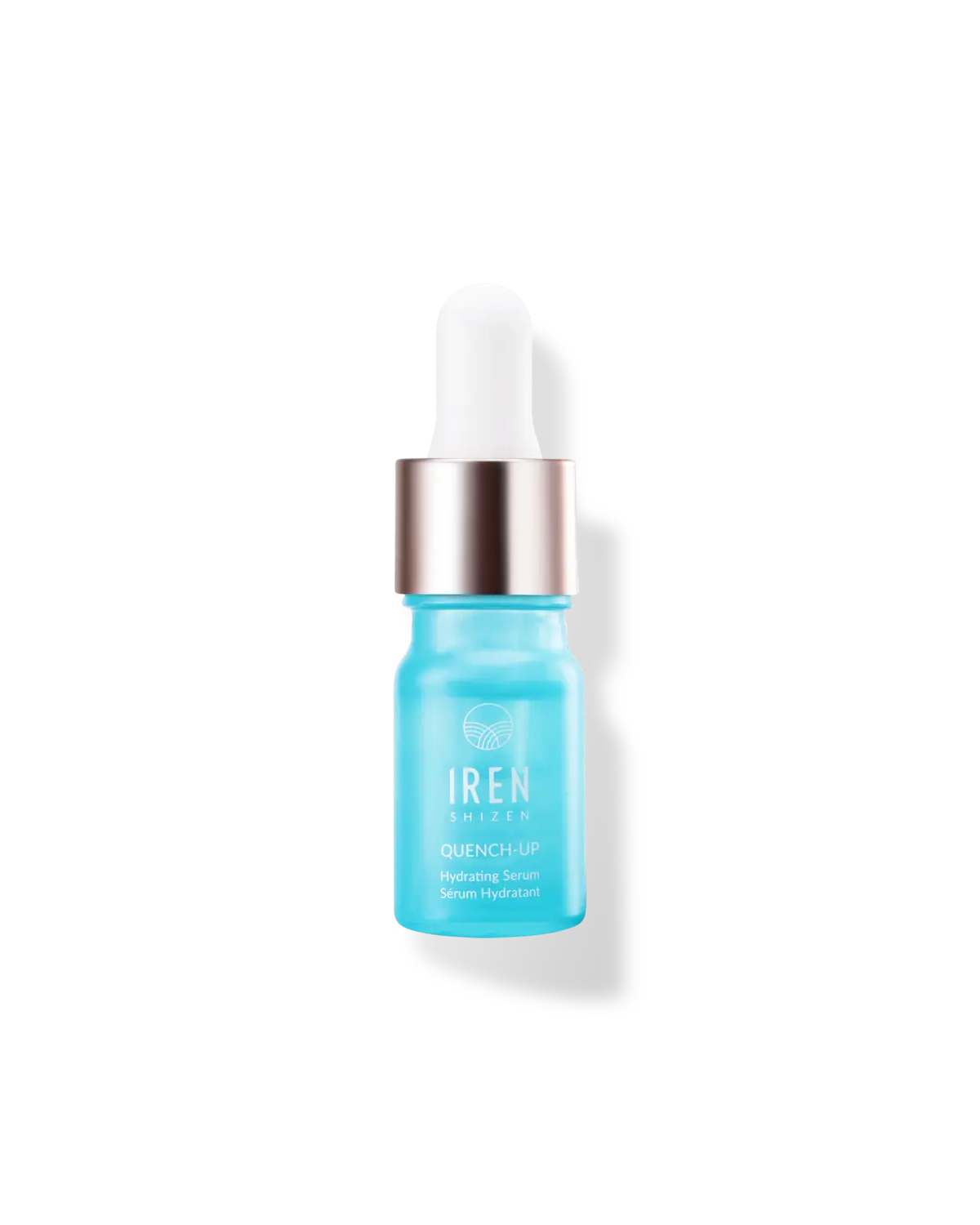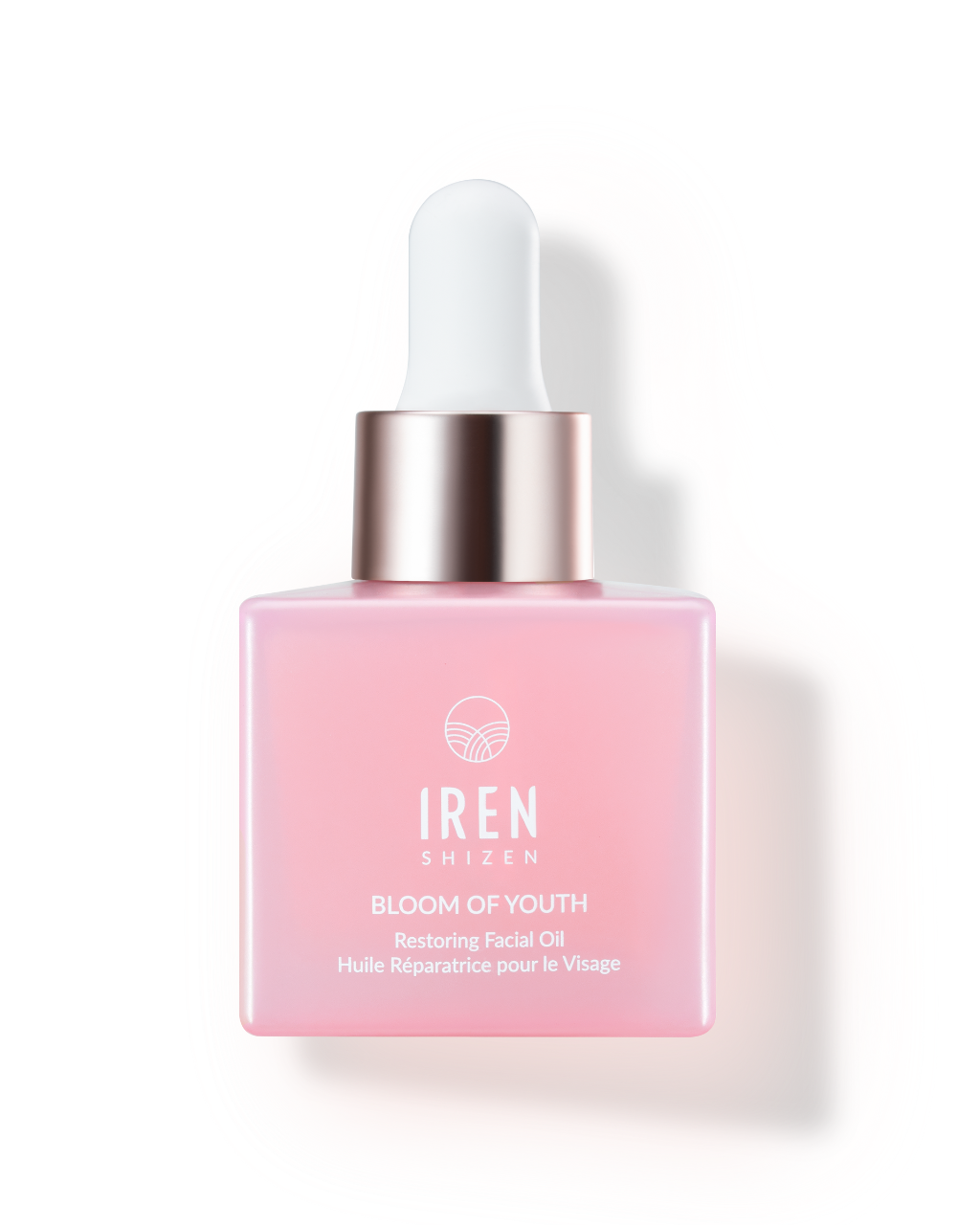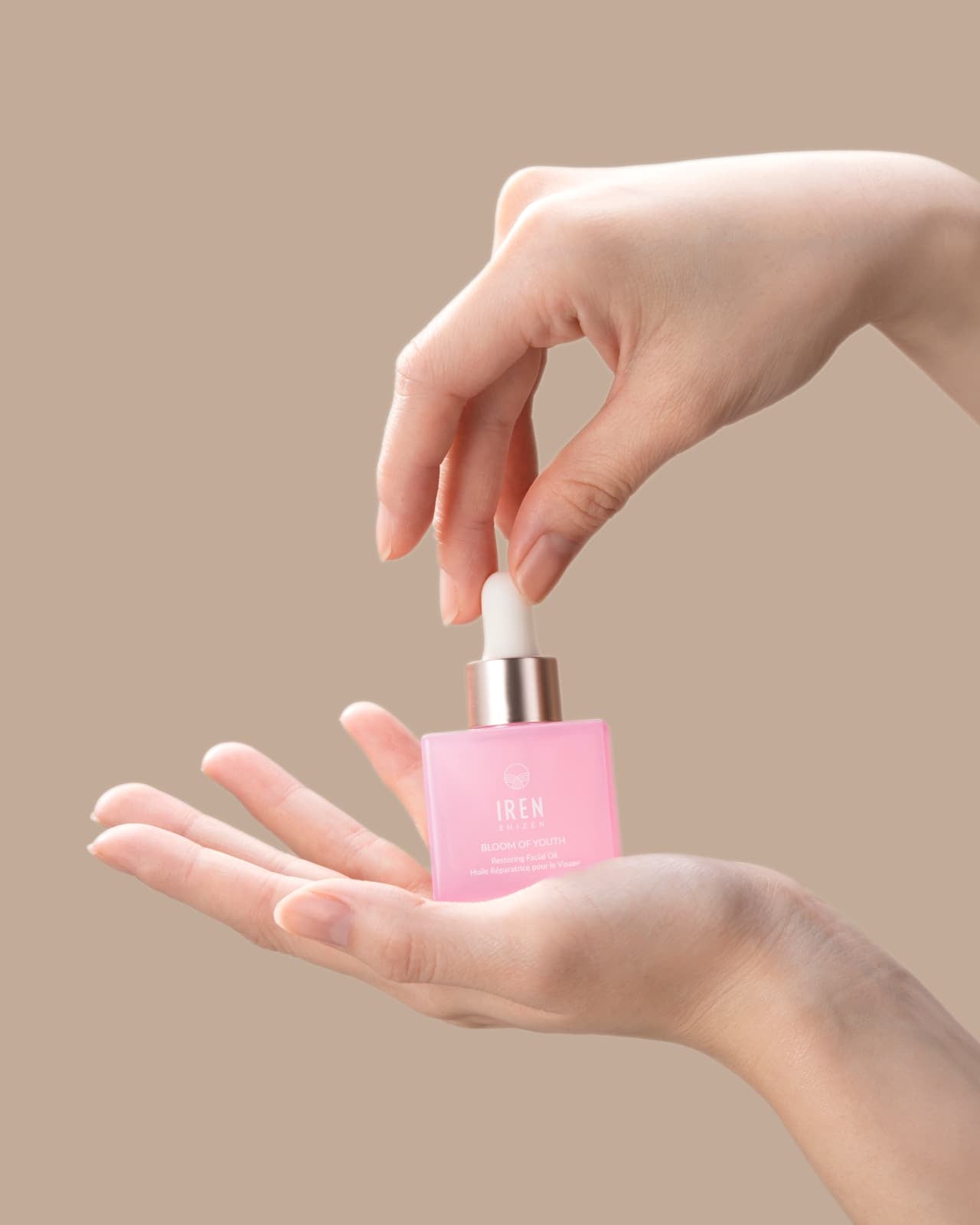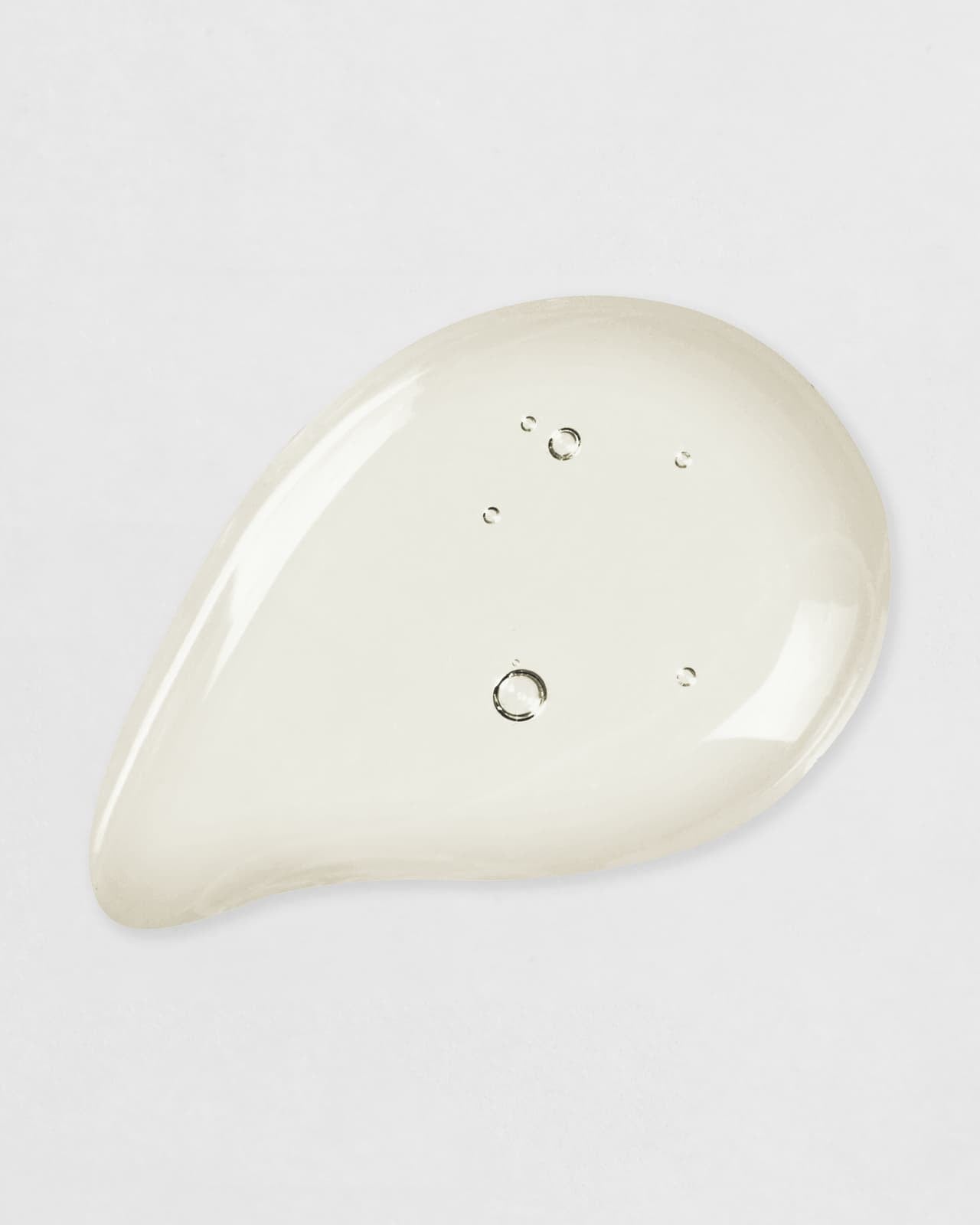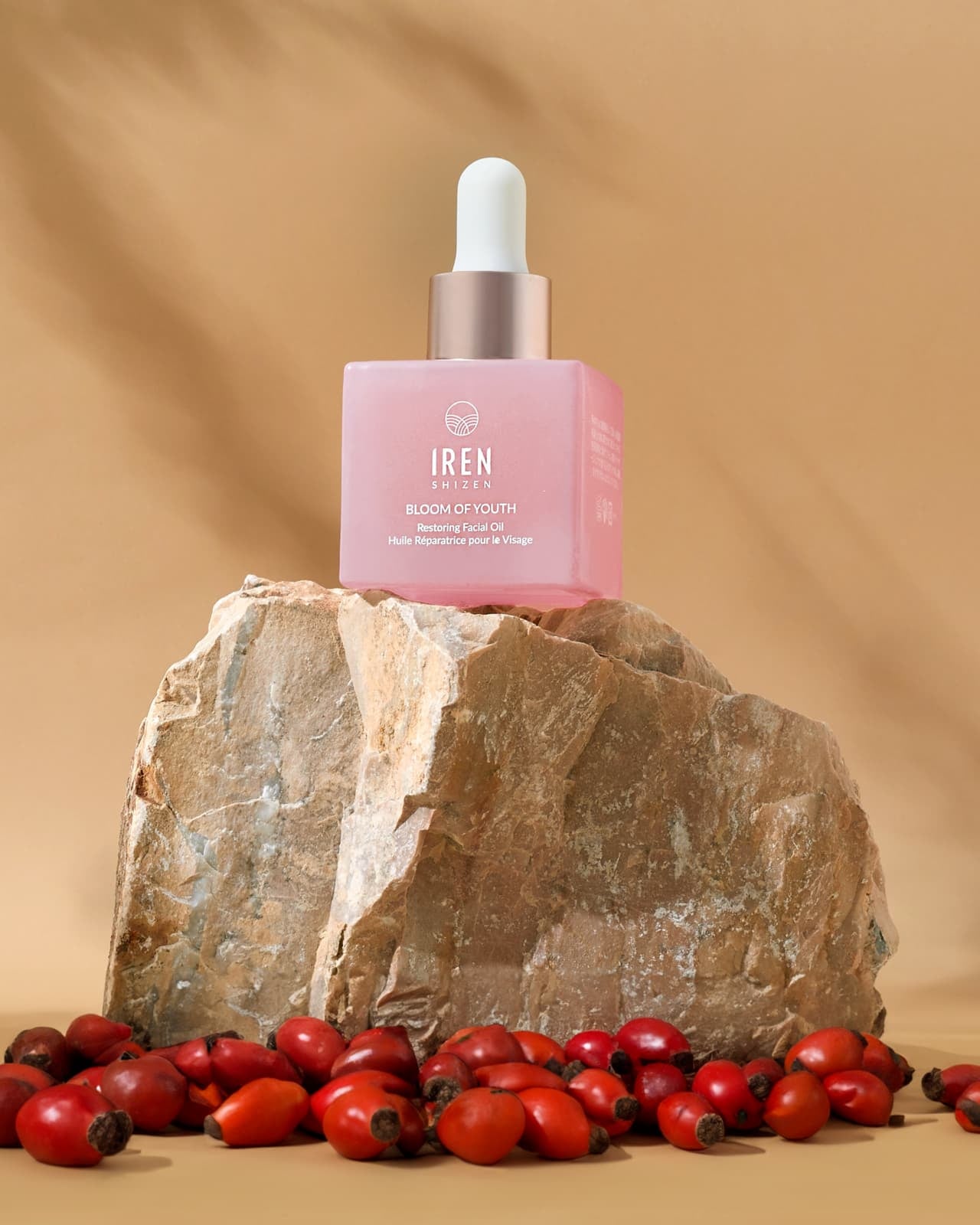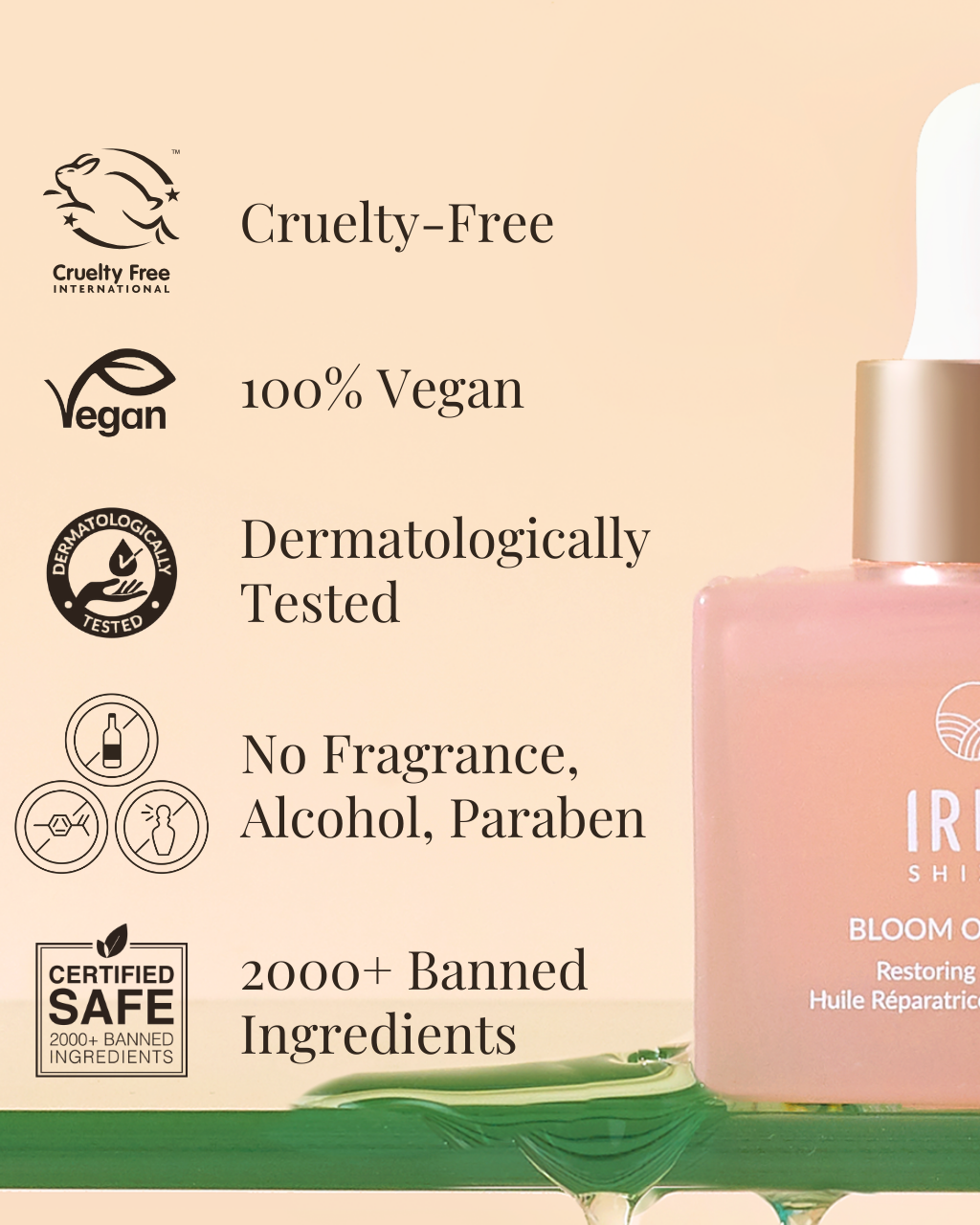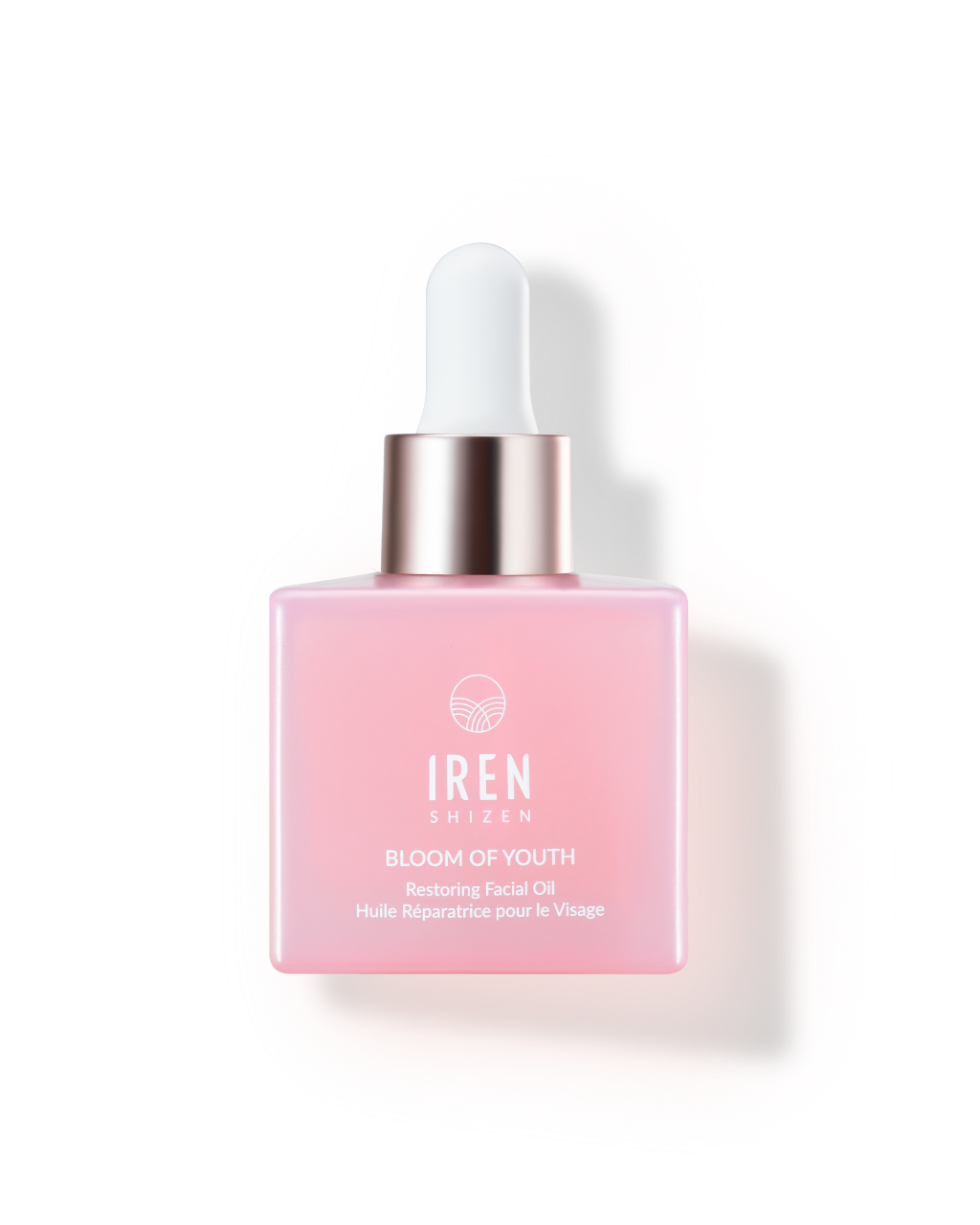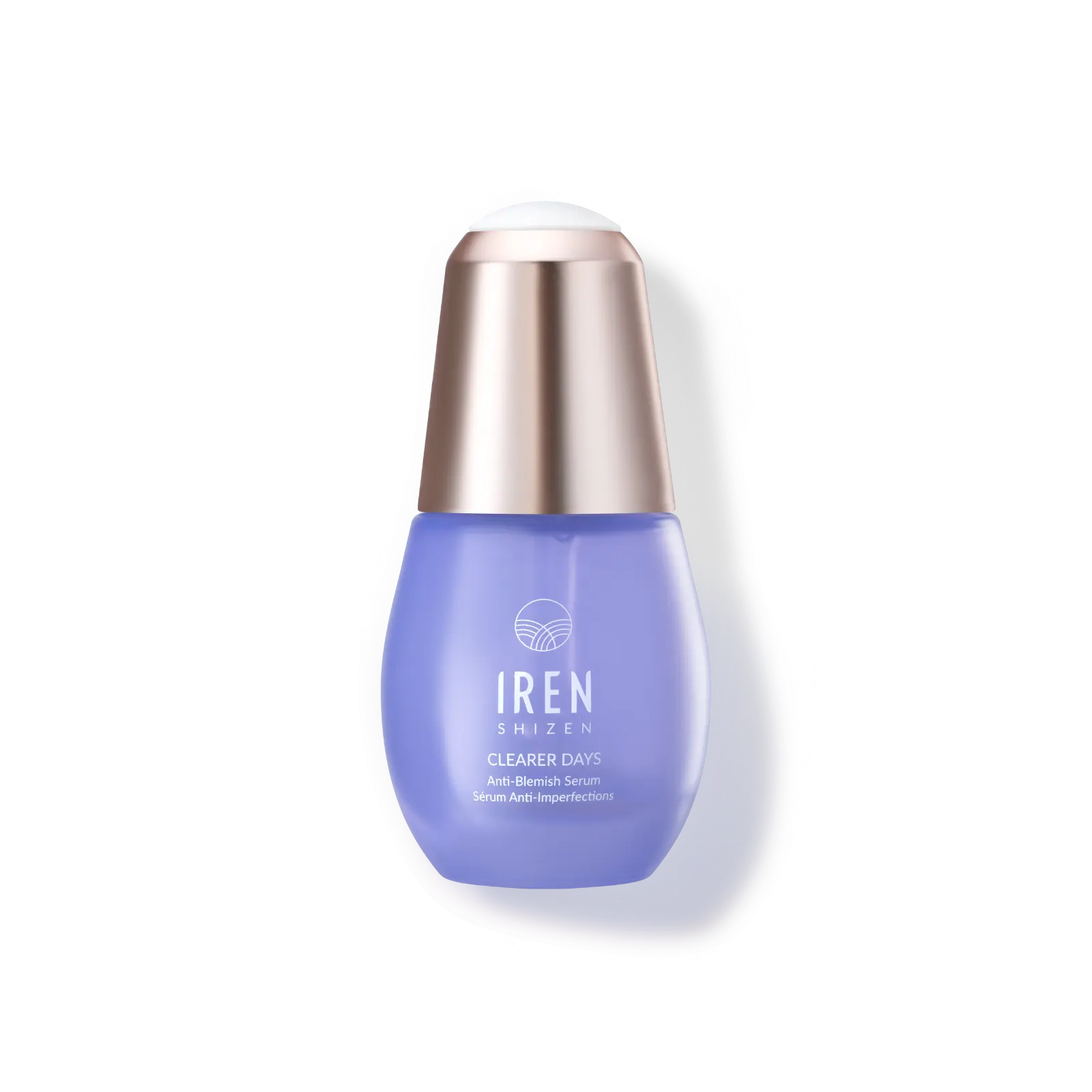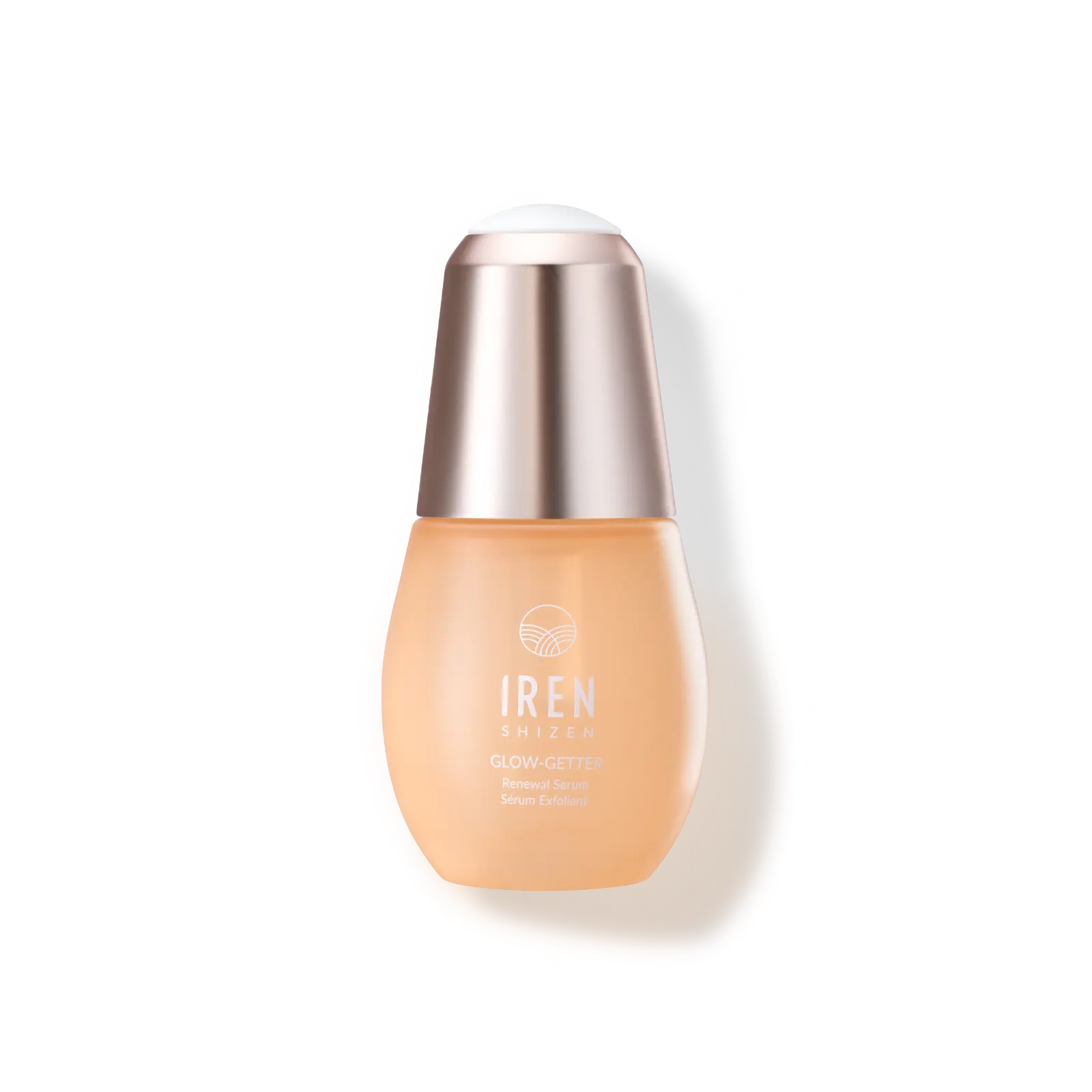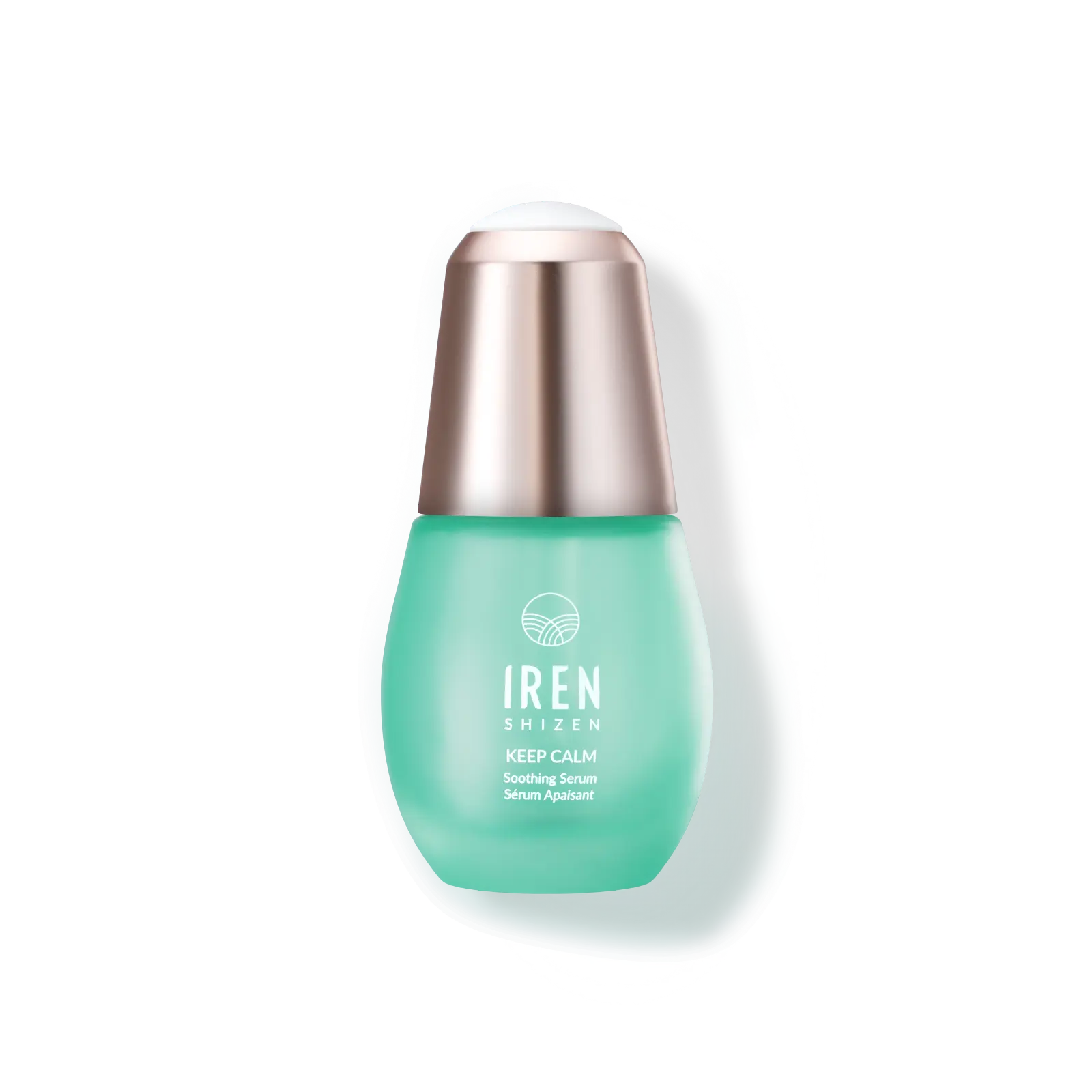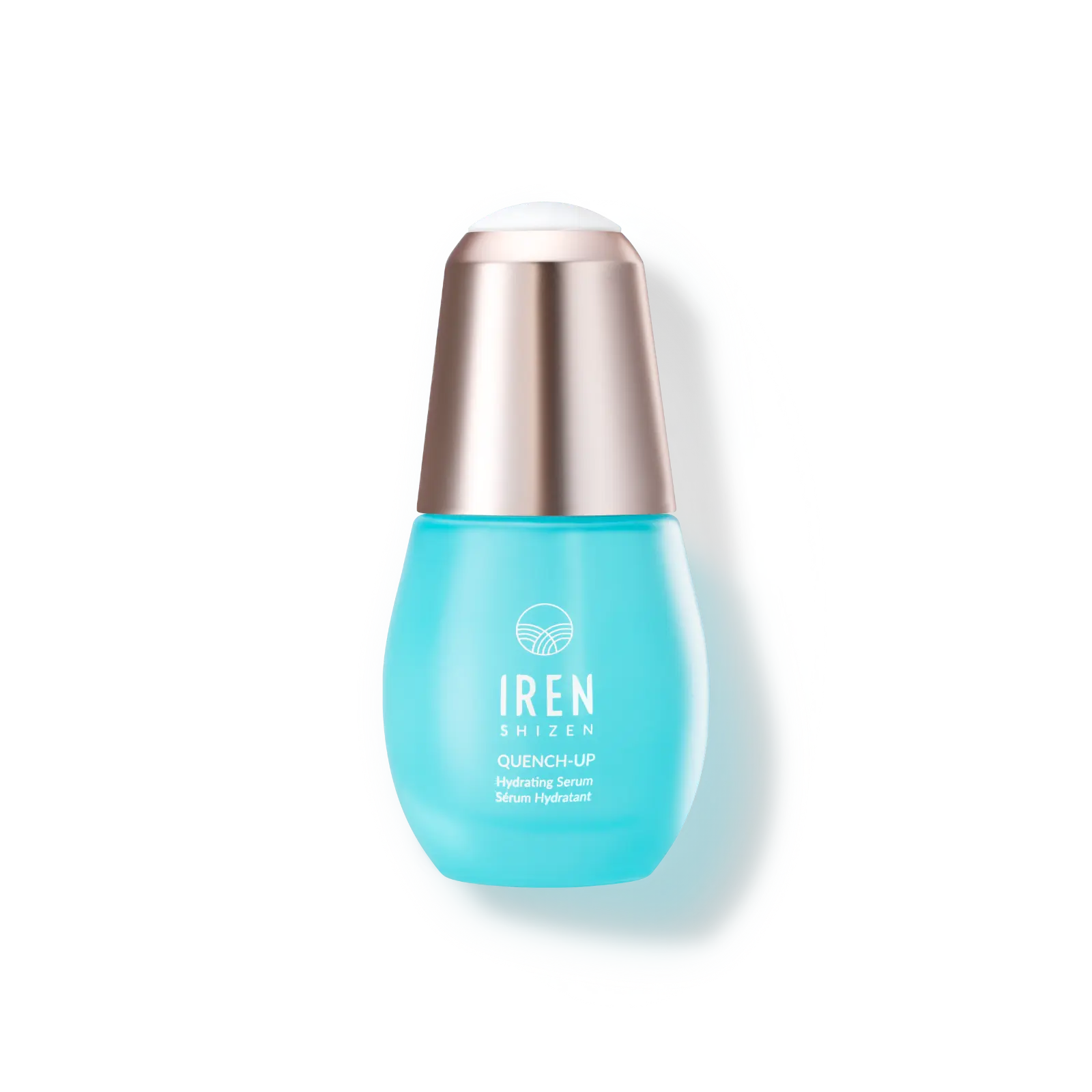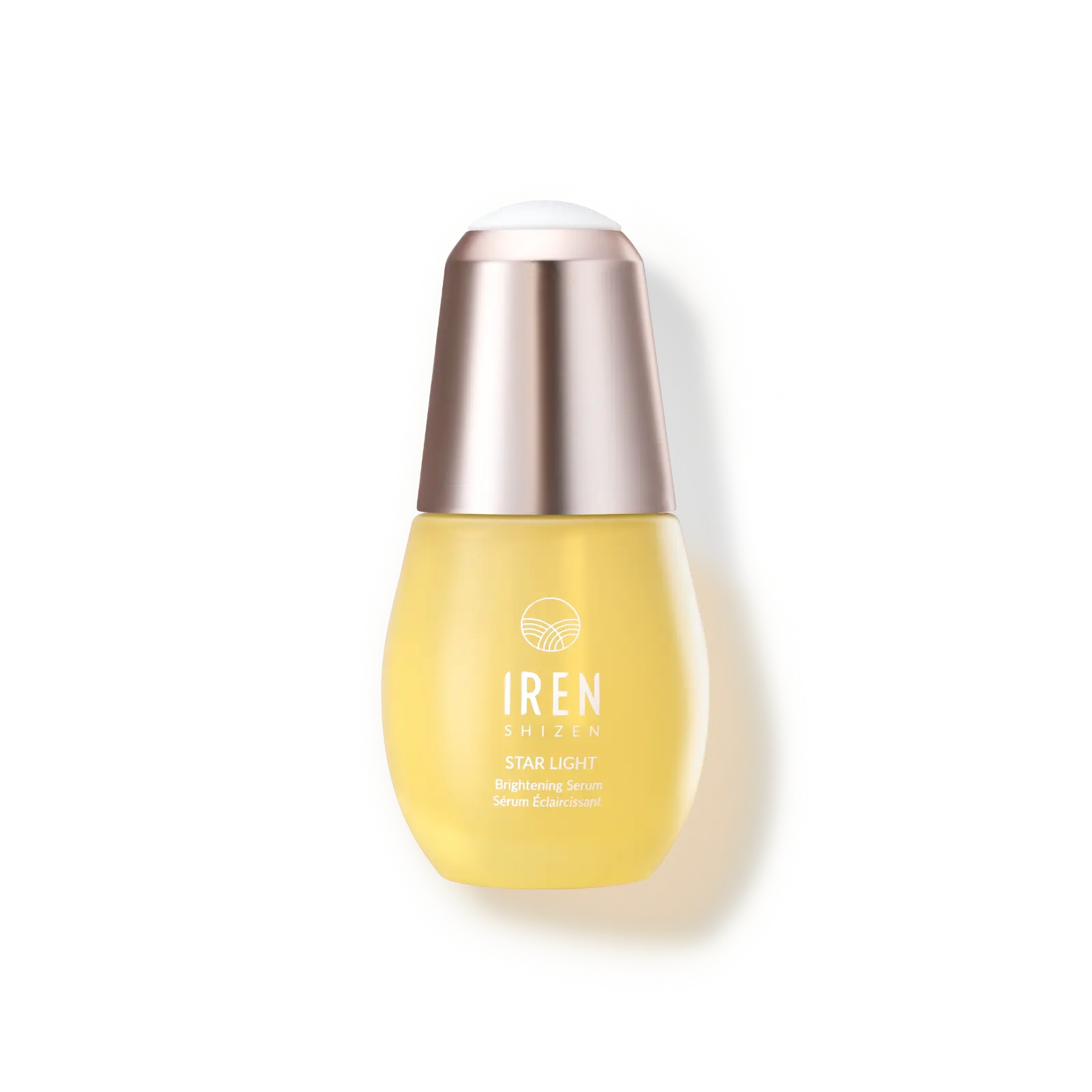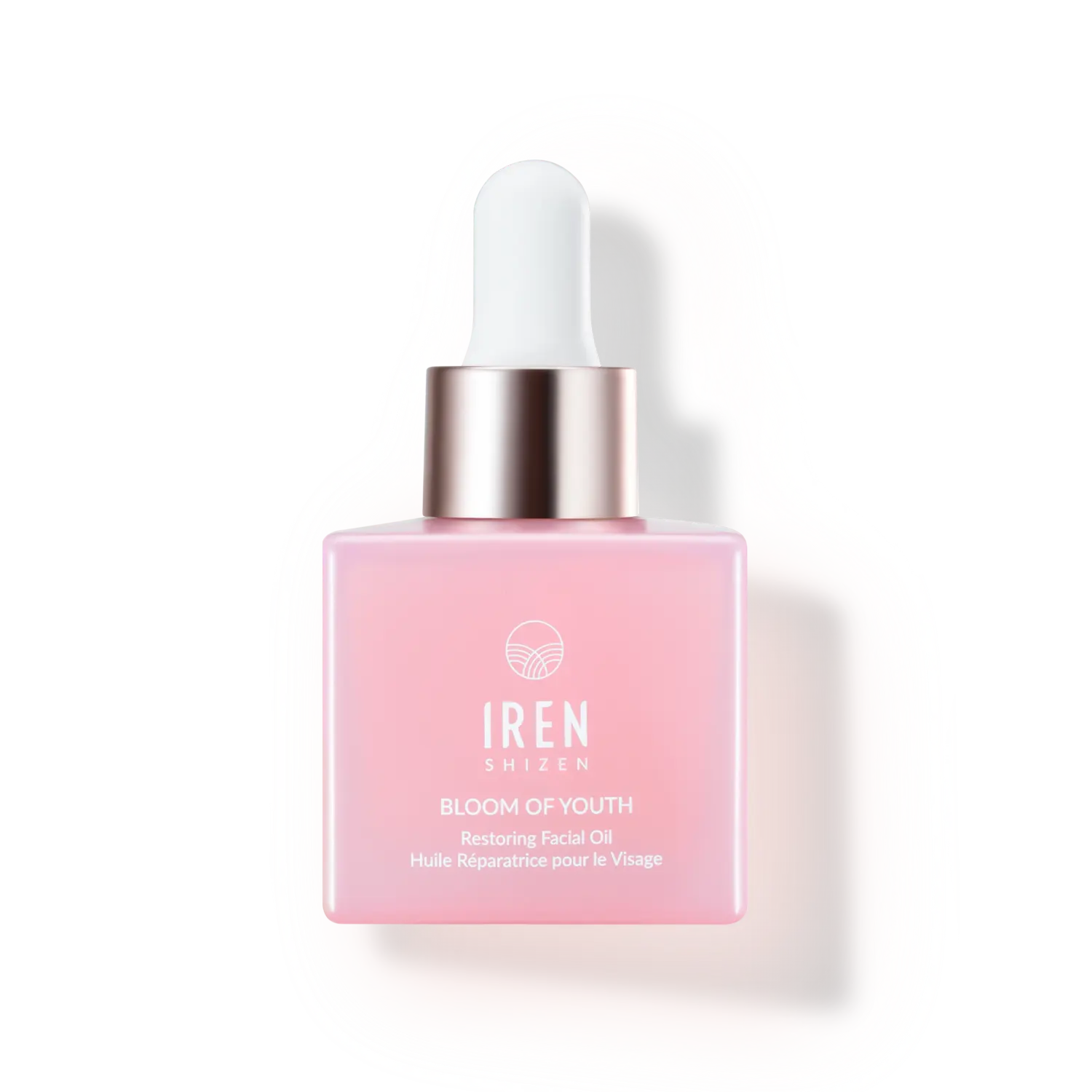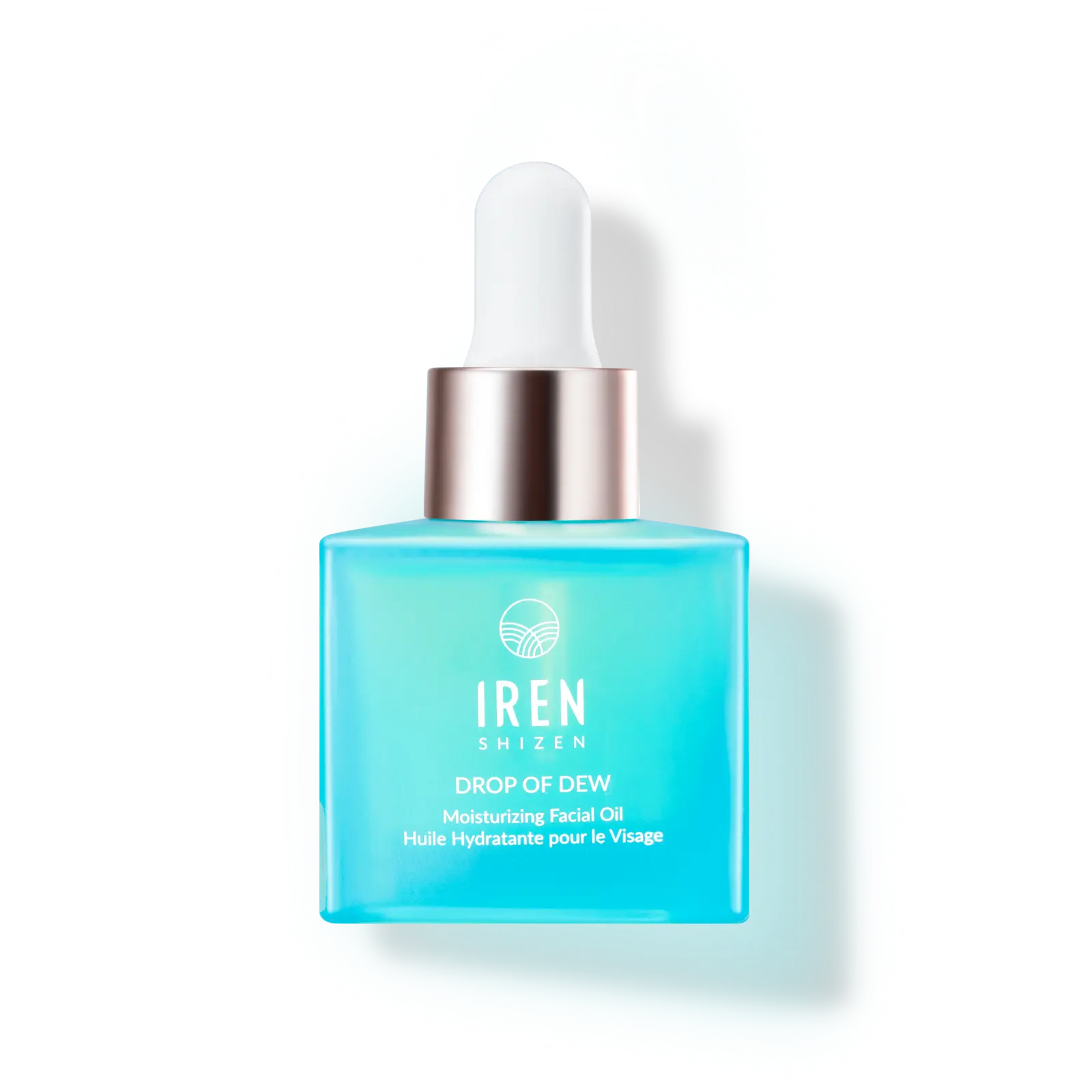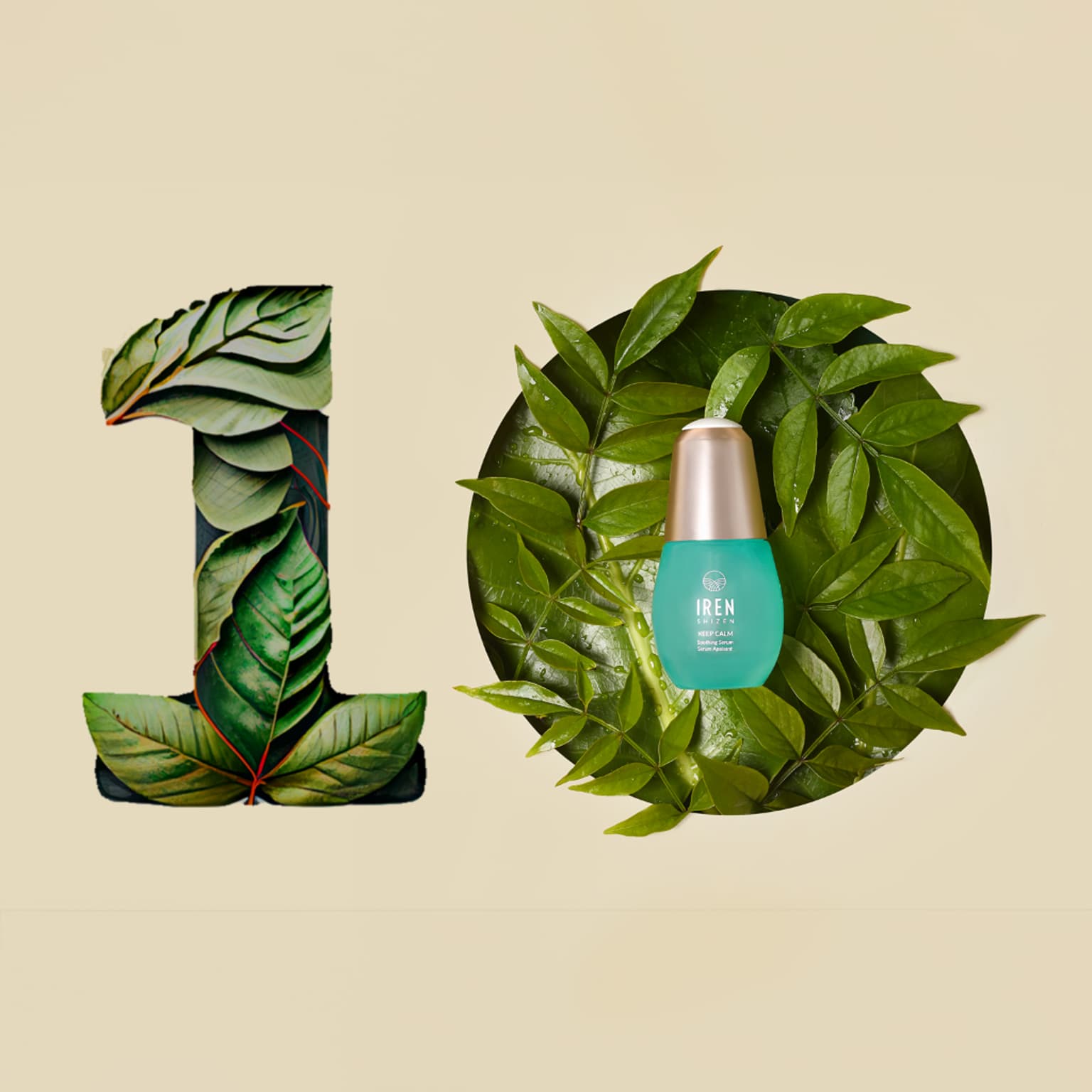You’ve seen mineral oil in your run-of-the-mill personal care products over the years, but are you aware of their reputation within the skincare community? If you’re not, allow us to enlighten you.
Mineral oils’ primary cause of concern is that they are a derivative of petroleum—an ingredient that is notorious for clogging pores (every skincare enthusiast’s worst nightmare). But does this contribute to the side effects of mineral oil, and are any of the claims around it simply fabricated? Let’s find out!
What are mineral oils?

In a nutshell, mineral oils are a distillation of highly refined and purified petroleum. As a complex mixture of hydrocarbons, they function as emollients in skincare—with their low volatility and colorless and odorless properties.
They are an occlusive ingredient, meaning that they provide a protective layer (sort of like a seal) on top of your stratum corneum to lock in moisture, prevent trans-epidermis water loss (TEWL), and prevent pollutants from penetrating it.
Besides being moisturizing, they are also known for their healing properties and are used in famous personal care products like Vaseline and baby oil. They are also chemically stable and are unlikely to spoil due to their low sensitivity to external factors like climate, making them beneficial for people with dry skin living in cold countries, as they are cheap, lightweight, and moisturizing.
Sounds pretty great so far, huh!
What products contain mineral oils?

Have you ever wondered why mineral oils are still used so often in skincare despite the controversy behind them? We’ll give you a hint: it has to do with time. If you guessed that they provide longer shelf life for products, congrats because you’re absolutely right!
Skincare products and cosmetics that contain mineral oil include:
- Moisturizers
- Face creams
- Body creams
- Eye creams
- Ointments
- Lotions
- Lip care products
- Petroleum jelly
- Baby oils
- Foundations
- Sunscreens
- Hair gels
- Liquid makeup removers and wipes
Concentrations of mineral oils range from 1% to 99%, depending on what they are used for in cosmetics. Of course, the higher the concentration, the riskier they are for your skin.
One thing to note, though—if you plan on browsing through the ingredients on a product and can’t seem to find the term ‘mineral oils’ on it, you might want to look out for their alter-egos:
- Paraffinum liquidum
- Paraffin
- Paraffin wax
- Paraffin oil
- Petrolatum (vaseline or white soft paraffin)
- Isoparaffin
- Synthetic wax
- Cera Microcrystalline
- Microcrystalline wax
- Hydrogenated microcrystalline wax
- Cera microcrystalline
- Petrolatum
- Ceresin
- Ozokerite
- Unspecified Waxes
- Mineral Spirits
- Distillates
Are mineral oils bad for you?

Like silicones, mineral oils have caused quite a stir amongst the skincare community—making skincare users everywhere question the safety of the ingredient itself.
Mineral oils have essentially become the talk around the town, with claims that they clog pores, trigger acne flare-ups, dry out the skin, hinder absorption, damage your skin barrier, and are ultimately unsafe for the skin.
But are these claims legitimate, and can we attempt to debunk any of them? Let’s look to science to find out.
Claim 1: Mineral oils clog pores
This is true to a certain extent. On paper, mineral oil is non-comedogenic, which means that they are not pore-clogging. Although this is so, the way mineral oils are used can factor into the eventual clogging of pores.
For example, mineral oils may be contaminated with toxins, and the quality of mineral oil used in the products often cannot be determined. They also can lead to clogged pores by restricting the renewal of your skin cells and trapping your dead cells under their protective layer.
Claim 2: Mineral oils cause acne
This claim is also valid to a certain extent, and it’s partly caused by mineral oils’ ability to clog pores. When your pores are clogged, the higher the likelihood of blackheads, whiteheads, and acne.
And this is especially so for people who suffer from oily or acne-prone skin as mineral oil traps excess oils inside pores and contribute to inflammation.
Claim 3: Mineral oils dry out your skin
False. Mineral oils are actually a fantastic ingredient for moisturizing and hydrating your skin. First of all, mineral oils are inert and stable compounds that are unlikely to cause skin reactions, making them ideal for sensitive skin.
They are also occlusive, making it hard for water to leave your skin, and can maintain the moisture you already have. Fun fact, mineral oils work best when applied on damp or wet skin (essentially—after showers).
Claim 4: Mineral oils cannot be absorbed into your skin
This is true. Mineral oils have a larger molecular size that does not allow them to penetrate your skin. Instead, they rest on its surface as a protective barrier to prevent moisture loss. This can be seen as both a pro and con, depending on who is using it.
If you’re someone who has dry skin and is living in cold, harsh climates, mineral oils keep your skin moisturized and protected from the elements. However, if you’re someone who is already suffering from oily or acne-prone skin, mineral oils only add to the unwanted shine you have and trap excess oil inside your pores, leading to inflammation.
Claim 5: Mineral oils damage your skin barrier
This is unfortunately true. Because of their occlusivity, mineral oils suffocate and disrupt your natural skin barrier. This can throw off your skin’s pH balance as well, worsening your skin health, trigger acne, and form dry patches.
Claim 6: Mineral oils are not safe for your skin
This is false. Mineral oils have been proven safe for use as a cosmetic ingredient as long as they stick to the current concentrations of use, with no known health risks towards humans.
It is also worth noting that the mineral oils used in cosmetics are much more refined and purified than the crude oils used in the automotive, railroad, and aviation industries. On top of that, no restrictions have been set in place by governmental agencies to limit mineral oils in skincare as well.
The Verdict
To summarize what we’ve learned so far, mineral oil is generally safe for human health, and there are no known significant repercussions if used. All things considered, mineral oils still have their setbacks, and we feel like it’d still be best to avoid using them on your skin if possible. Better be safe than sorry, you know?
Mineral oils ultimately do not provide any benefits to the skin other than the prevention of water loss. They also mainly benefit one skin type (dry skin) and are not too great for the others. The truth is, there are many other products (like ours!) out there that can do the same thing without jeopardizing your skin—some examples being shea butter and coconut oil, among others.
Our advice?

It is imperative to know the right way to use mineral oil; we can’t stress this enough! When choosing the ideal moisturizer for your skin, you have to test the way it sets into your skin. You should test how your skin feels about five minutes after applying it. If you can still feel any excess product on your skin, this could mean that your moisturizer is too rich for you.
Additionally, you should apply mineral oil a few minutes after you take your daily shower. Your damp skin will help mineral oils lock in moisture and prevent your skin from drying out. Also, make sure you apply the mineral oil at the last step of your routine to seal everything in!
To reiterate, we only recommend mineral oil if you suffer from dry or sensitive skin as they help keep your skin moisturized and protected from harsh elements. You should absolutely avoid it if you have acne-prone or oily skin, however, as they tend only to make your skin concerns worse. All in all, only you know what’s best for your skin!
| Want to find out about IREN Shizen's 7 no-no ingredients? You can read all about them here: |







